In the summer-autumn crop of 2024, Trieu Phong district plans to cultivate more than 5,479 hectares of rice, 70 hectares of sweet potatoes, 15 hectares of peanuts, 90 hectares of beans, 30 hectares of corn, 300 hectares of vegetables and melons of all kinds, and raise 757 hectares of aquaculture.

People of Trieu Long commune prepare the land to sow the summer-autumn crop - Photo: XV
In order to ensure the summer-autumn agricultural production in 2024, ensure the time frame, harvest early to avoid floods, the People's Committee of Trieu Phong district requires the People's Committees of communes, towns, directors of cooperatives (HTX), and cooperative groups to direct farmers to harvest winter-spring rice, clean the fields, prepare the land, and sow with short-term and ultra-short-term rice varieties with a growth period of 85-90 days such as HN6, Khang Dan, Ha Phat 3, HG12 and some promising tested varieties, as well as replicate the VietGAP rice production model, smart agricultural cultivation adapting to climate change, maintaining organic rice areas, and following the organic direction.
Accordingly, each cooperative selects a suitable variety structure, only arranging 3-4 main rice varieties, encouraging investment in applying technical advances in intensive farming towards safety and sustainability. In addition, depending on conditions and irrigation capacity, localities arrange production reasonably and have plans to convert to dry crops in places lacking water. Accordingly, it is expected to convert 18 hectares of rice land lacking water but with enough moisture to grow watermelon, green beans and other drought-tolerant plants in communes such as Trieu Thuong, Trieu Ai, Trieu Do.
The Department of Agriculture and Rural Development and the District Plant Cultivation and Plant Protection Station directed a number of cooperatives to produce and test new rice varieties with high yield, high quality, short growth period, and resistance to pests and diseases to gradually replace some rice varieties that have been produced for many years, have low yield, and are heavily infected with pests and diseases.
Trieu Phong District People's Committee has also developed plans to develop short-term industrial crops and aquaculture according to plans to increase people's income. Accordingly, for aquaculture, continue to effectively implement the high-tech shrimp farming model according to the 2-3-stage process to adapt to climate change, mobilize people to replicate the intensive shrimp farming model using biological products, the 2-3-stage shrimp farming model using Biofloc technology.
To avoid disease risks, agricultural experts have increased inspection and control of farming areas, directed and guided people to properly renovate and clean ponds and water supply and drainage systems before planting new crops. At the same time, they have controlled the quality of seeds, input materials and food safety as well as monitored environmental monitoring information in aquaculture.
On the other hand, strengthen guidance for aquaculture farmers to comply with technical processes, depending on the specific farming object to develop a farming plan, stocking size, appropriate farming form, at the same time take advantage of water surface potential, develop aquaculture on reservoirs to ensure productivity and food safety.
Regarding water resources, the survey shows that currently, the large reservoirs managed by Nam Thach Han Irrigation Enterprise and Gio Cam Ha Irrigation Enterprise have water levels of about 79% of their design capacity, while Ba Huyen Lake and other rivers and lakes are low and depend heavily on additional water sources. Therefore, the summer-autumn crop in 2024 is at risk of drought and water shortage for production. In this situation, the District People's Committee has developed a plan to supply water for daily life and production to cope with the drought situation, ensuring agricultural production in the summer-autumn crop in 2024.
Accordingly, the People's Committee of Trieu Phong district directed communes, towns and related units to build, upgrade and maintain canals, pumping stations, dredge ditches, and main drainage canals to ensure water sources for production, while taking advantage of ponds, lakes, and recirculating water sources to pump and drain additional areas that are likely to lack water and are difficult to irrigate. Cooperatives and cooperative groups proactively coordinate with irrigation enterprises to develop plans for water-saving irrigation, rotating to overcome drought, especially ensuring sufficient irrigation water for the end of the canal and areas of land converted to increase production crops.
Along with that, cooperatives and cooperative groups coordinate with local irrigation management units to develop water supply plans and organize water supply according to the established plan; implement concentrated planting and reasonable irrigation to save water, prioritizing irrigation water for the rice panicle formation and flowering stages.
On the other hand, it is necessary to strengthen inspection and timely adjust irrigation plans to suit weather and water resources developments, as well as apply alternate irrigation methods, alternate wet and dry, classify areas and crops to have irrigation plans, in which priority is given to sufficient water for the sowing and flowering stages of rice.
Organize irrigation work to clear the flow, repair and dredge canals and water intakes as well as maintain pumping stations to be ready for irrigation. Continue to mobilize resources to repair and upgrade damaged and degraded works, while speeding up the construction progress of irrigation works to put them into operation soon to serve production.
The People's Committee of Trieu Phong district proposed that the province continue to invest in upgrading and expanding irrigation works and domestic water supply in the district; the Provincial Construction Investment Project Management Board soon completes the Thuan-Trach-Trung-Tai flood control project, and Trieu Phong district soon puts it into operation and use.
Xuan Vinh
Source







![[Photo] General Secretary To Lam attends the 80th anniversary of Vietnam's diplomacy](https://vstatic.vietnam.vn/vietnam/resource/IMAGE/2025/8/25/3dc715efdbf74937b6fe8072bac5cb30)



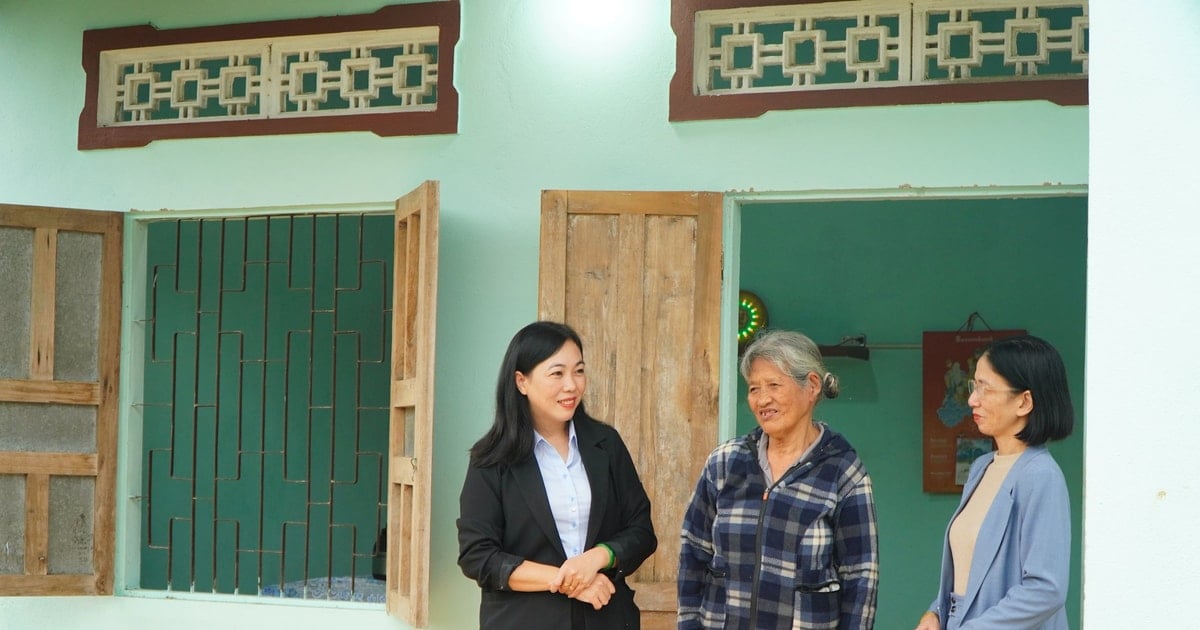

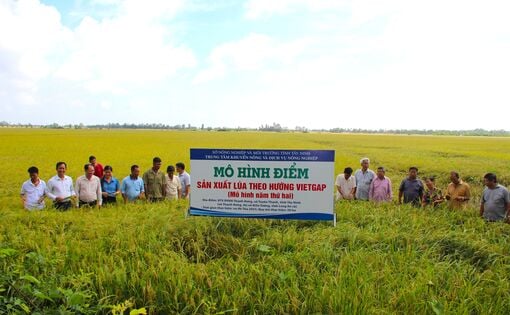

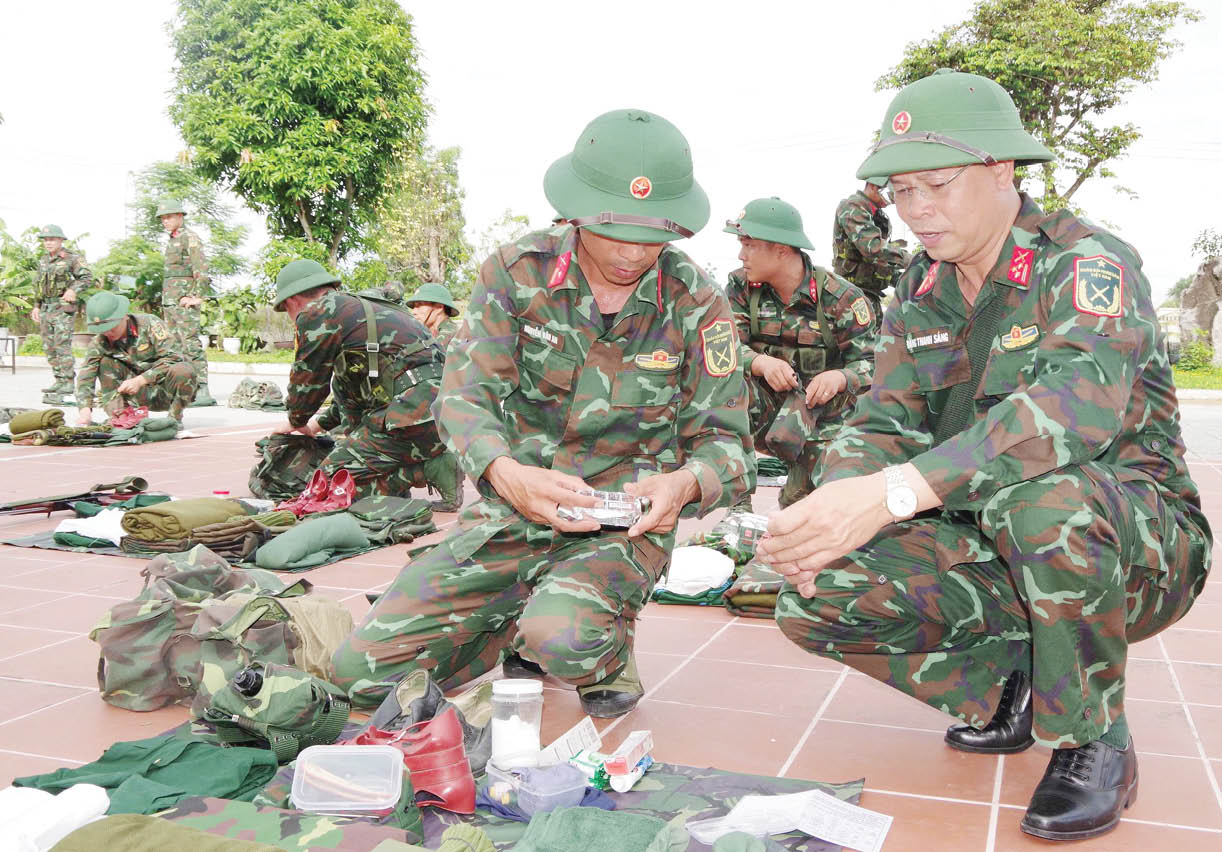

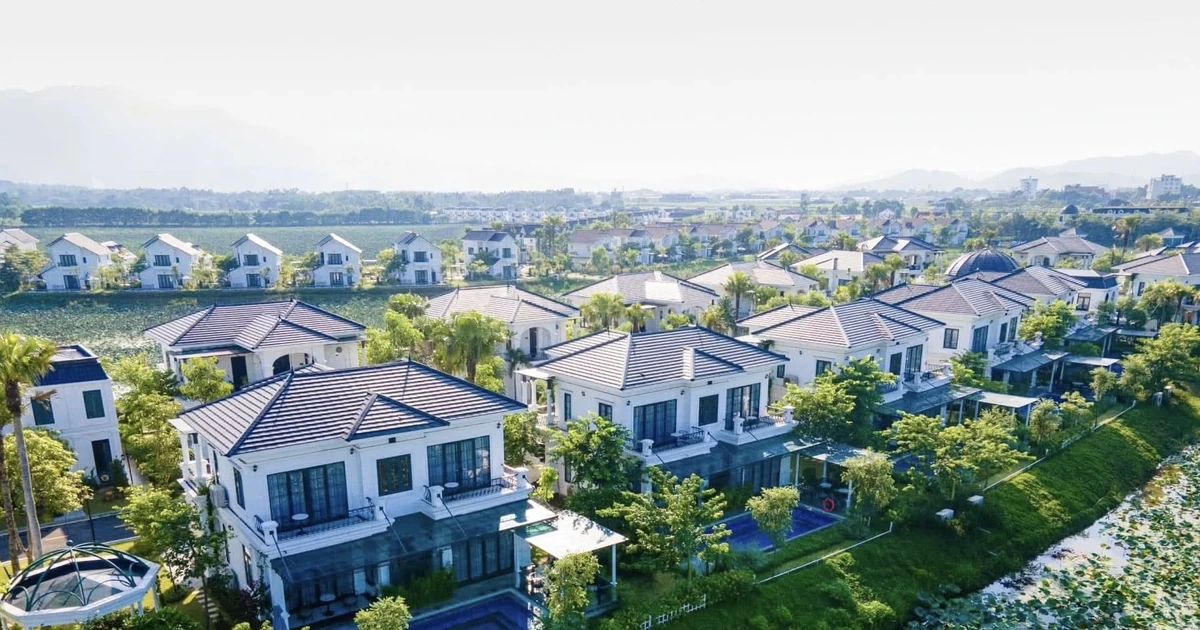

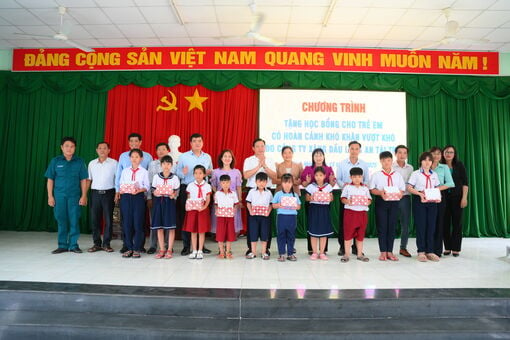



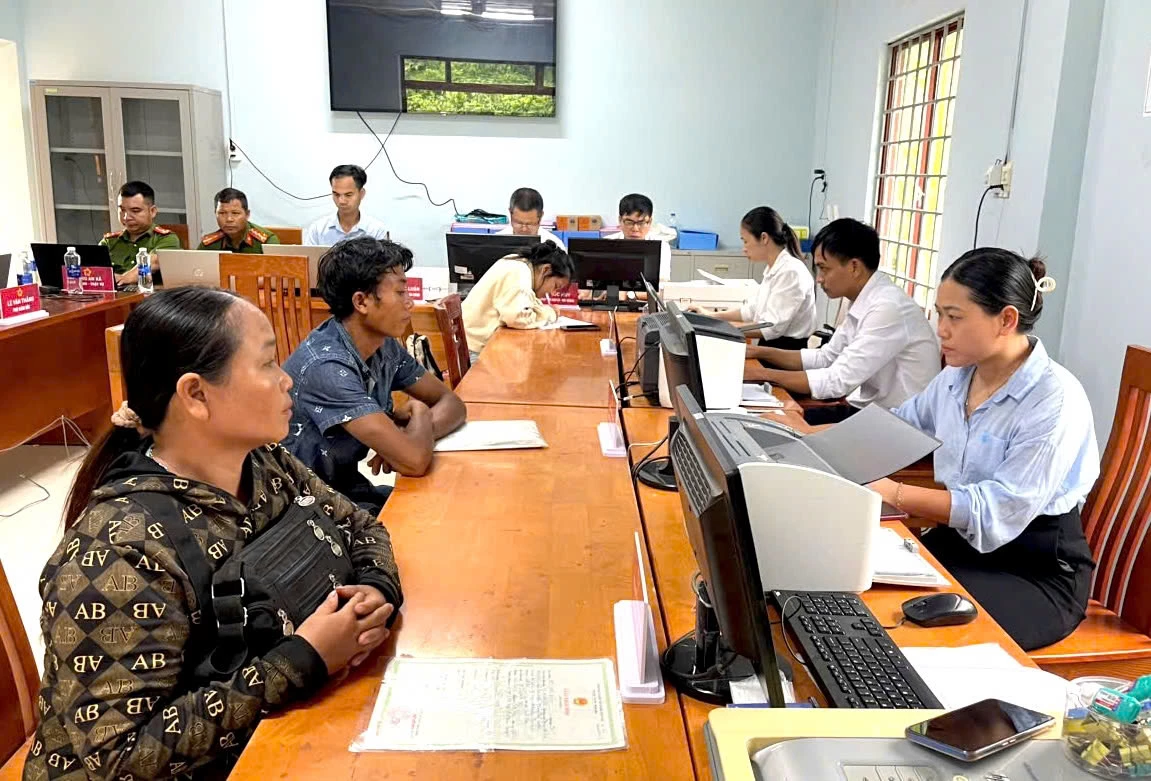

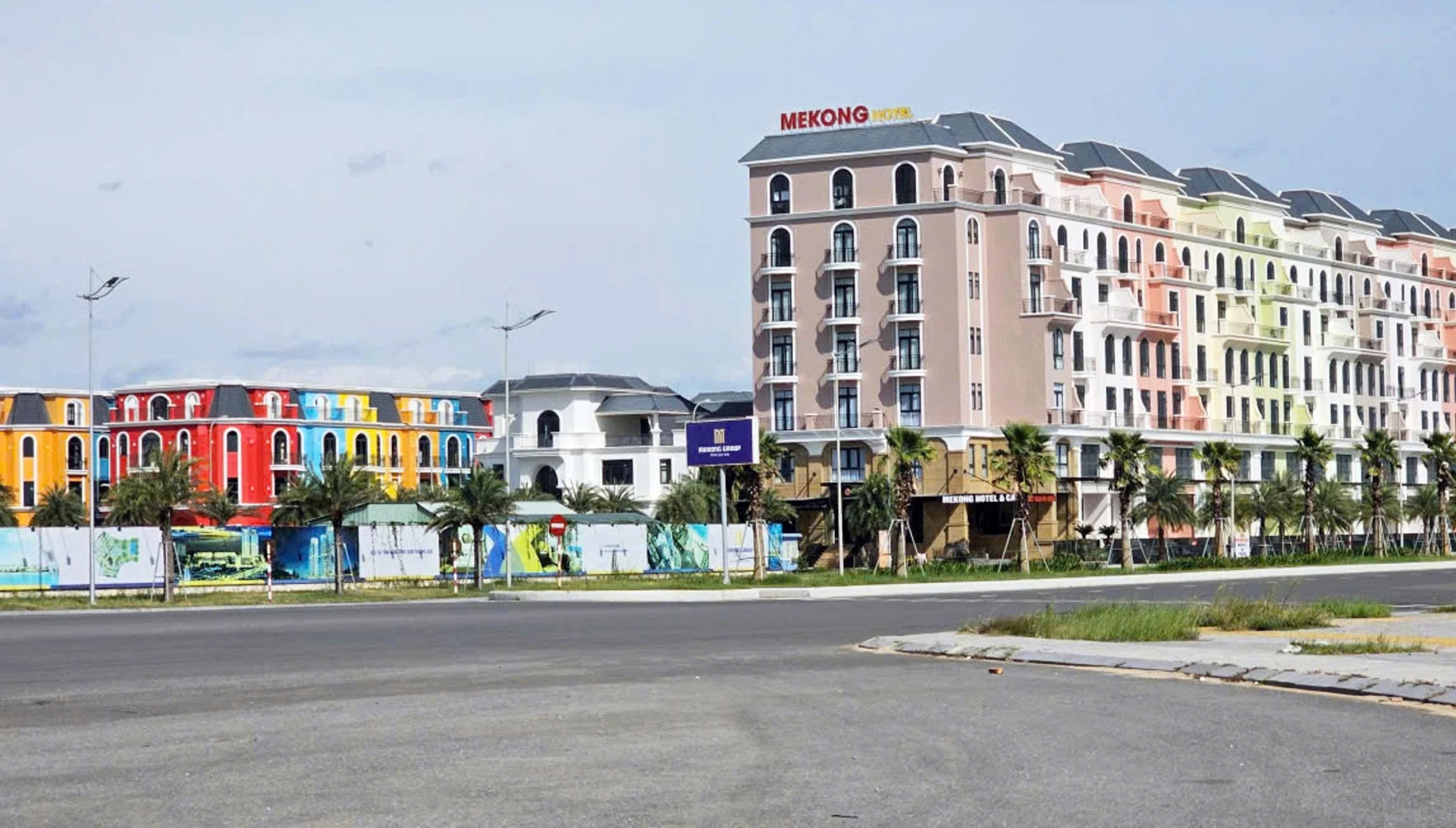
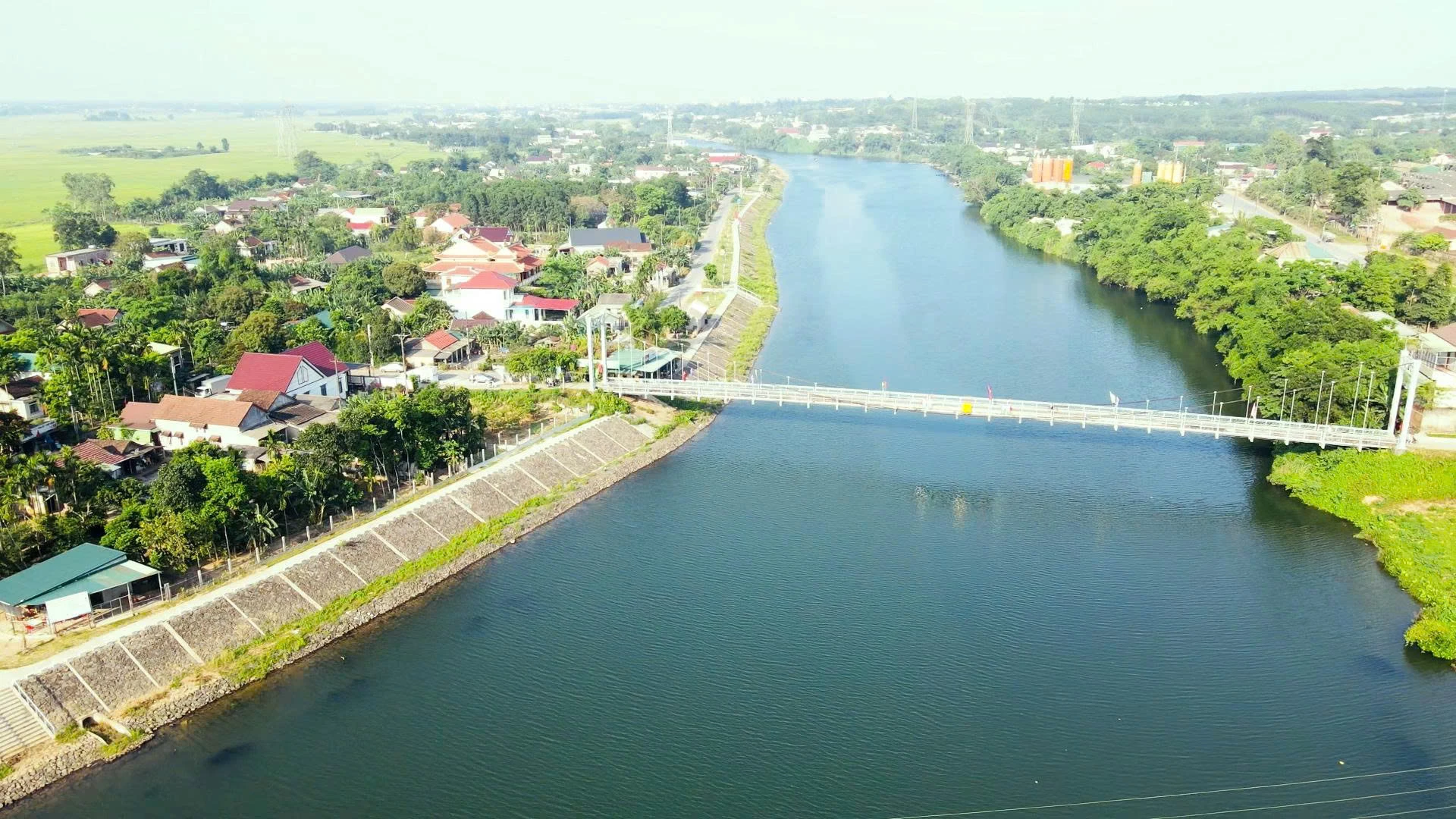




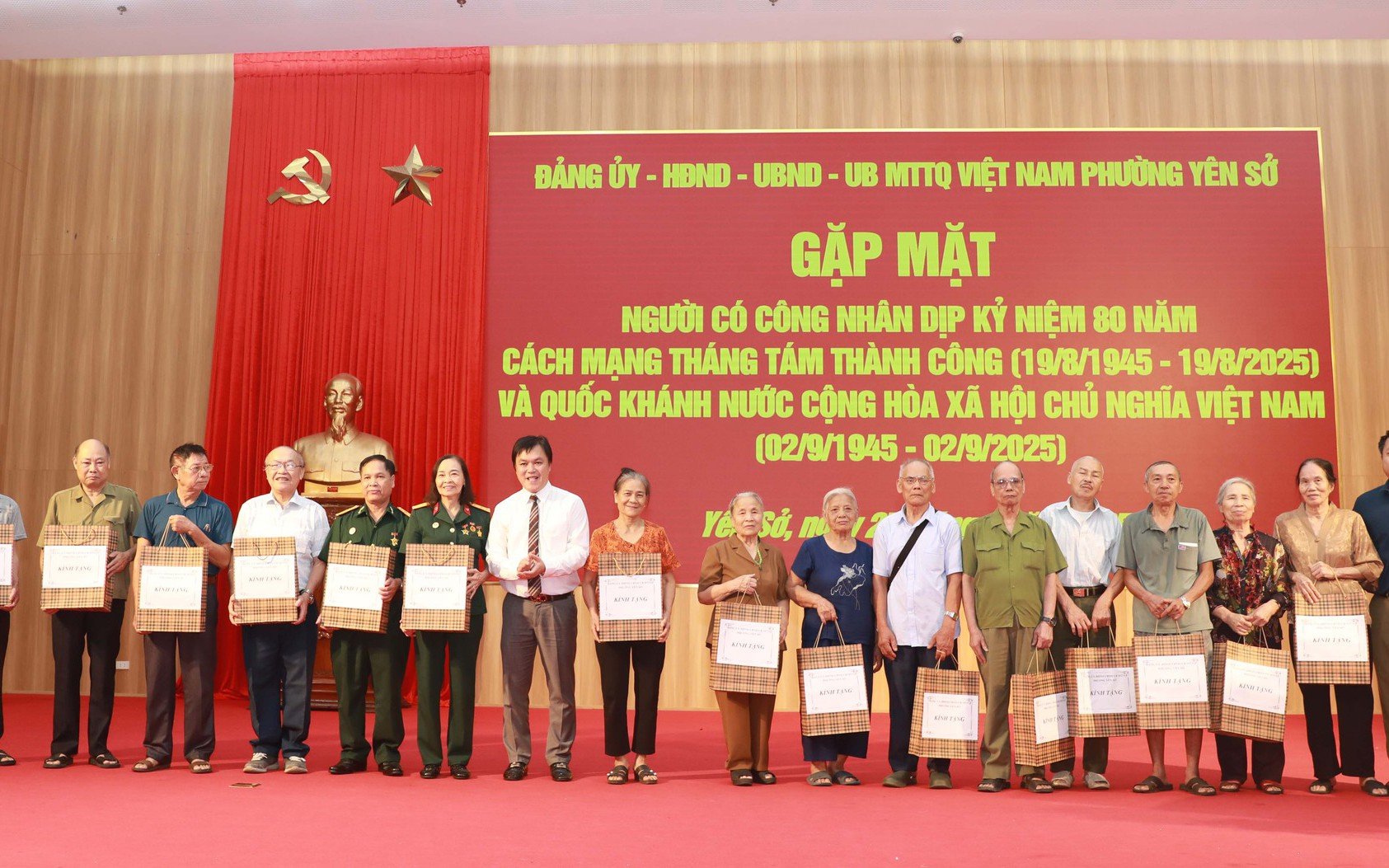
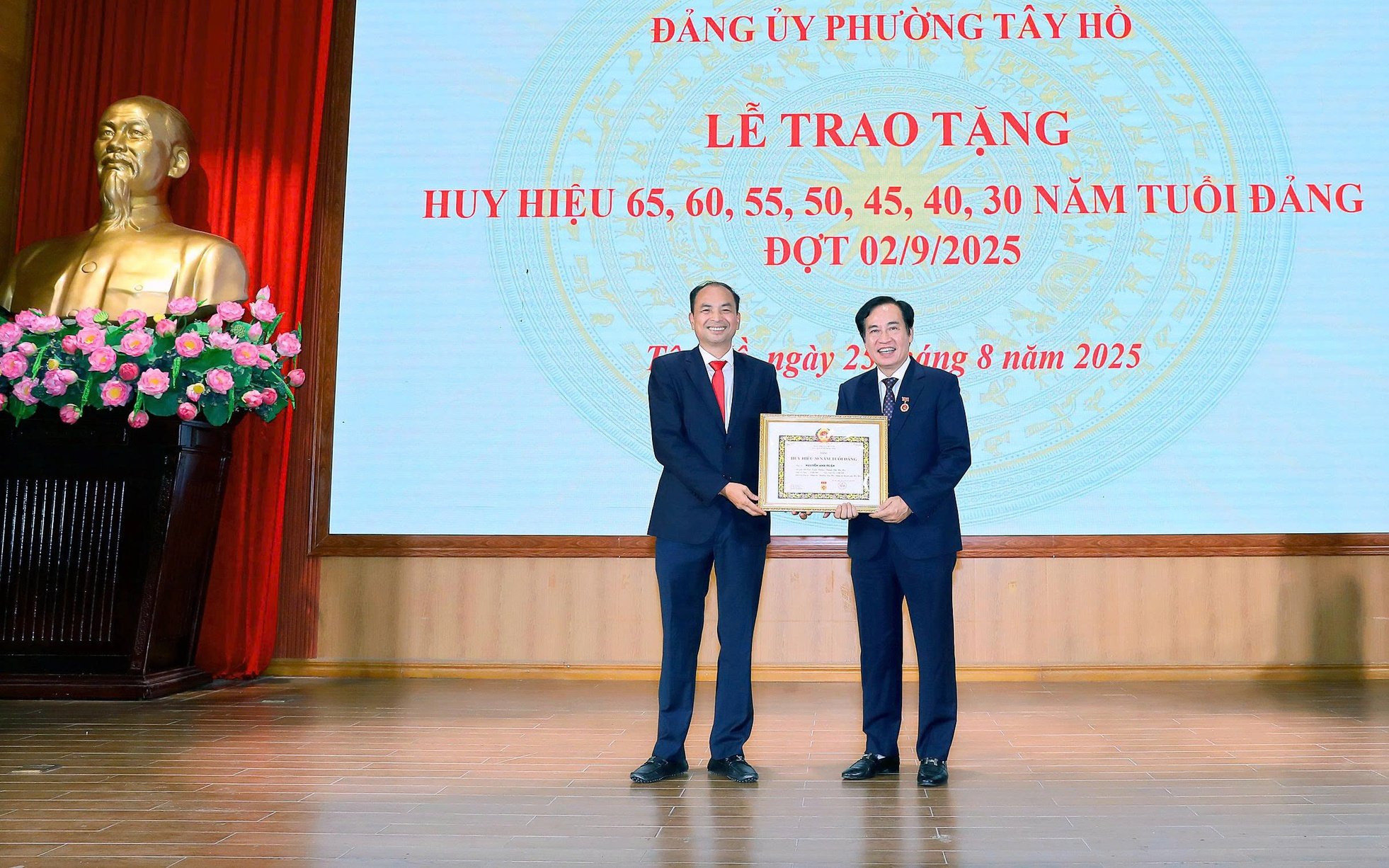
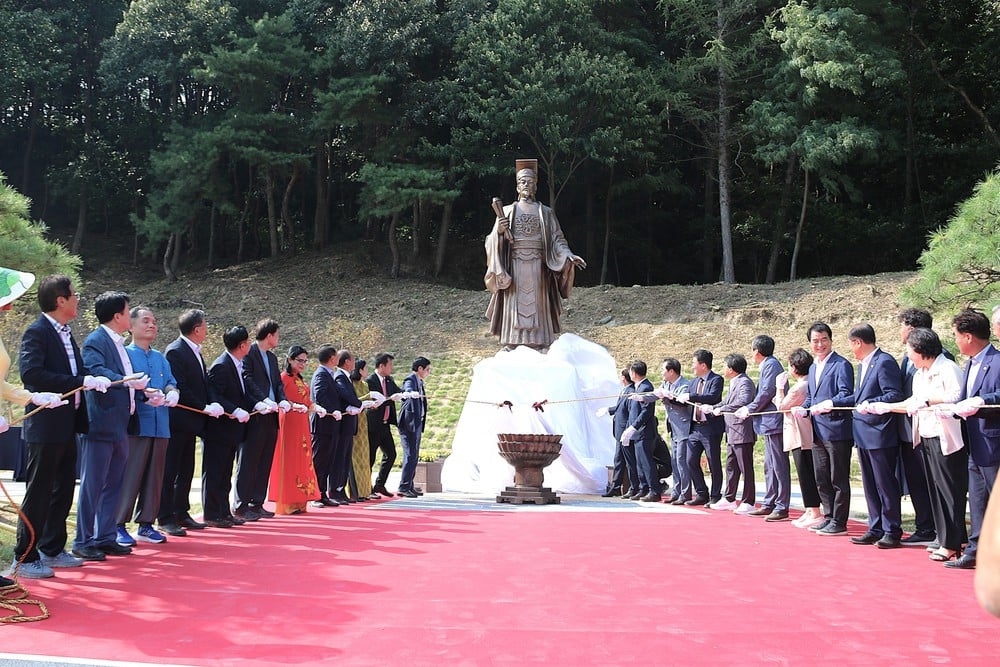
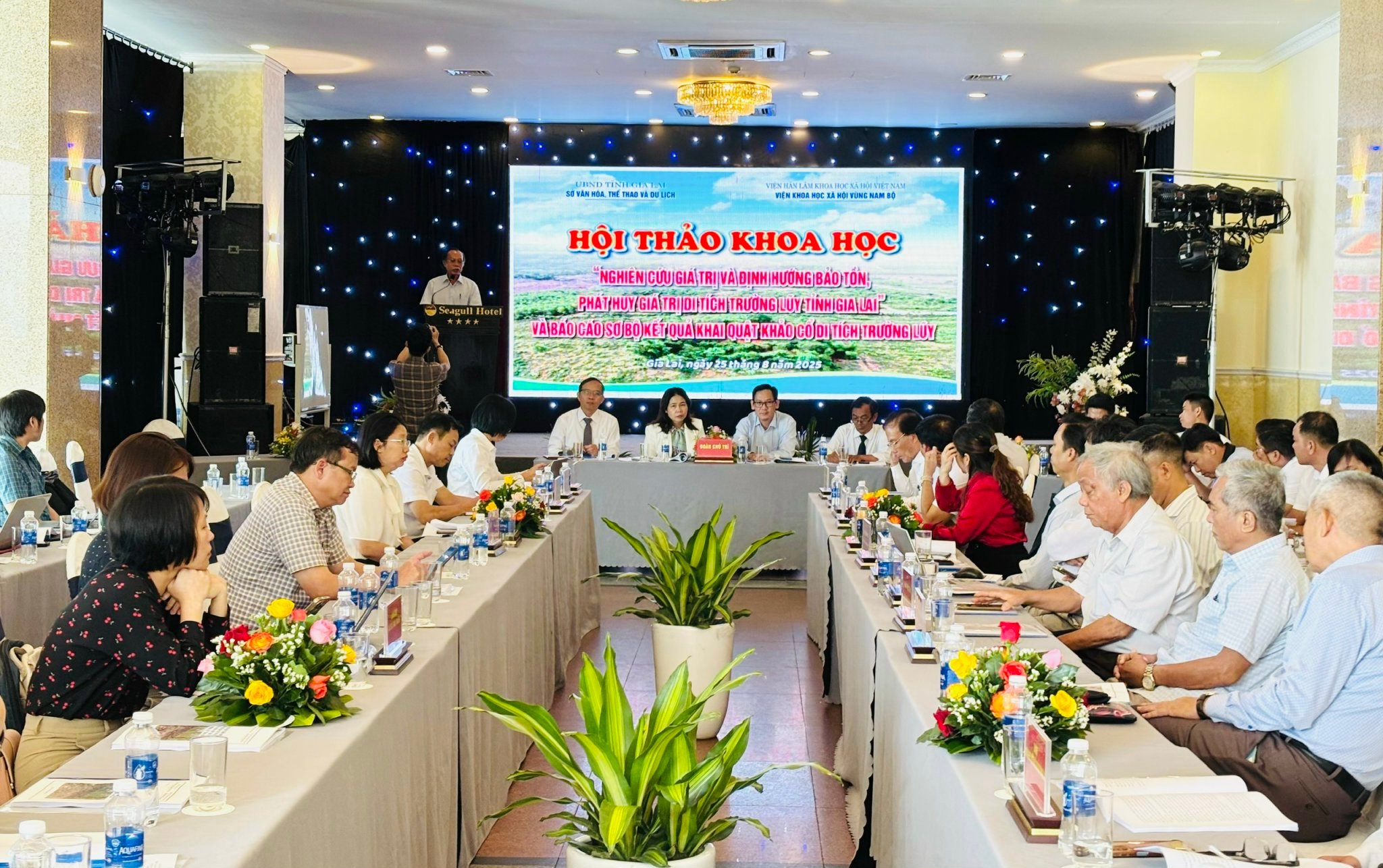
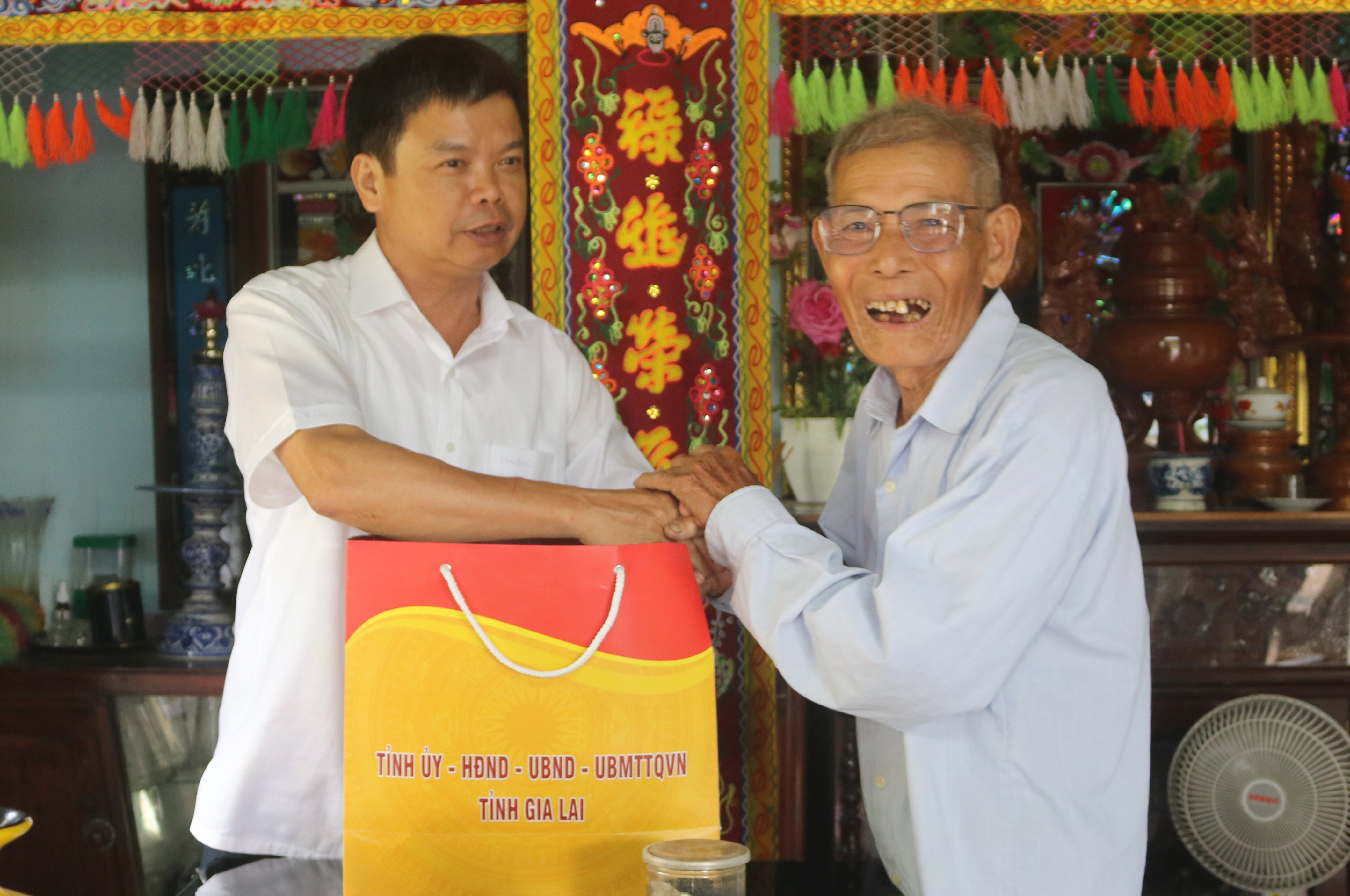
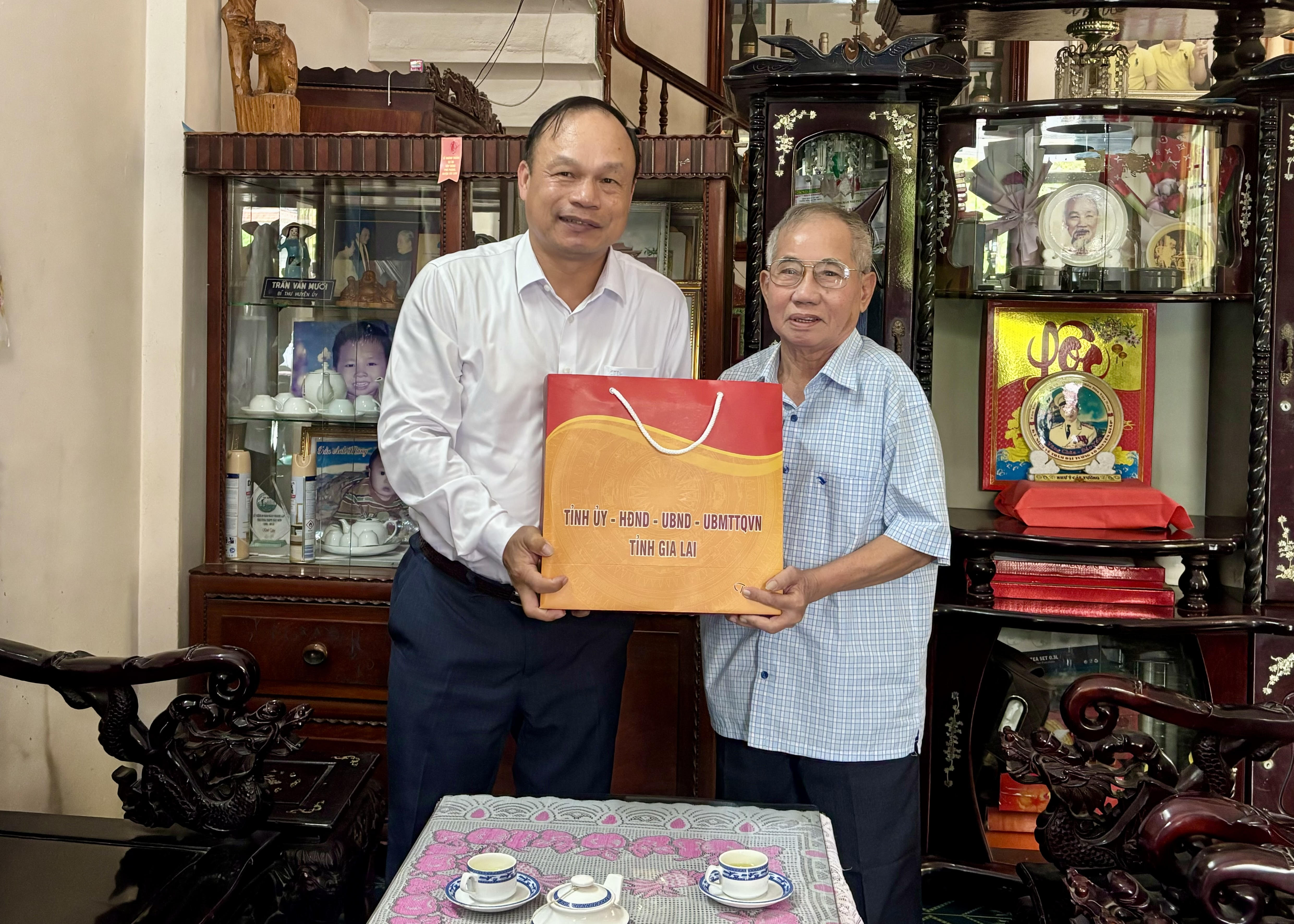



















































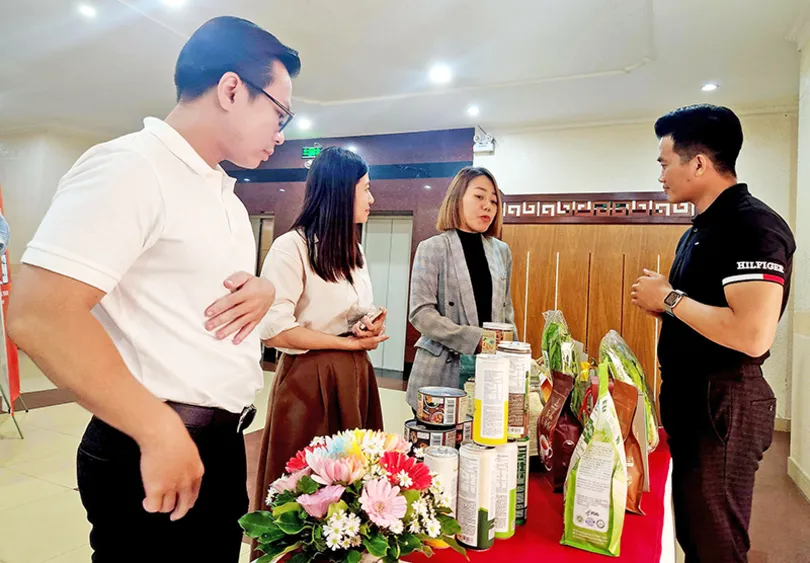

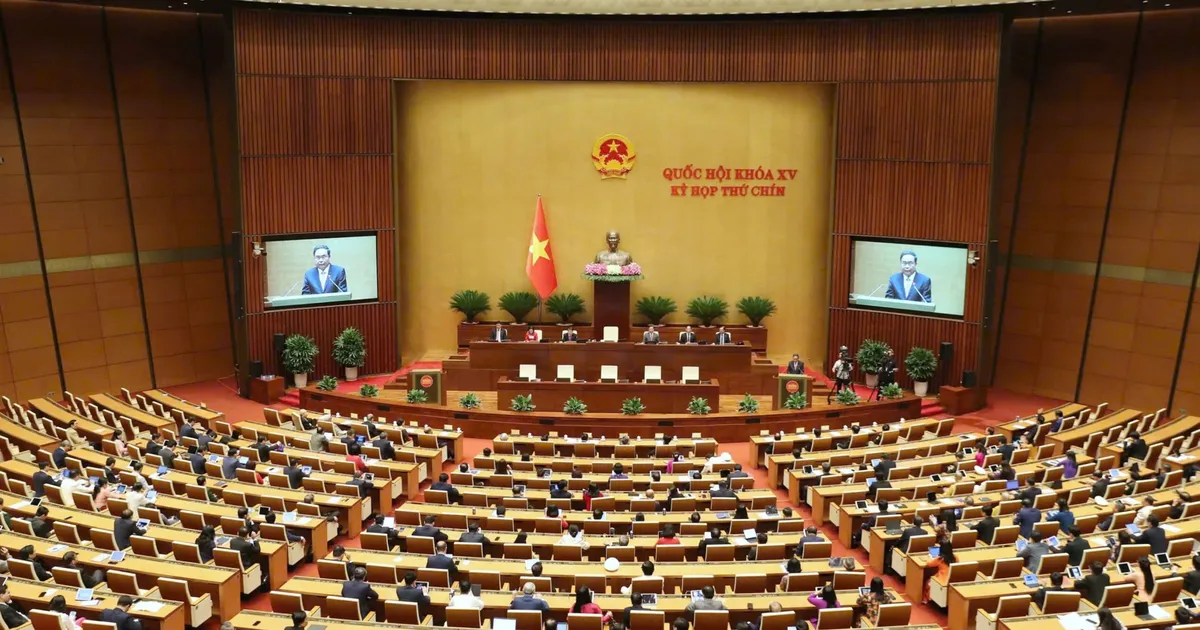
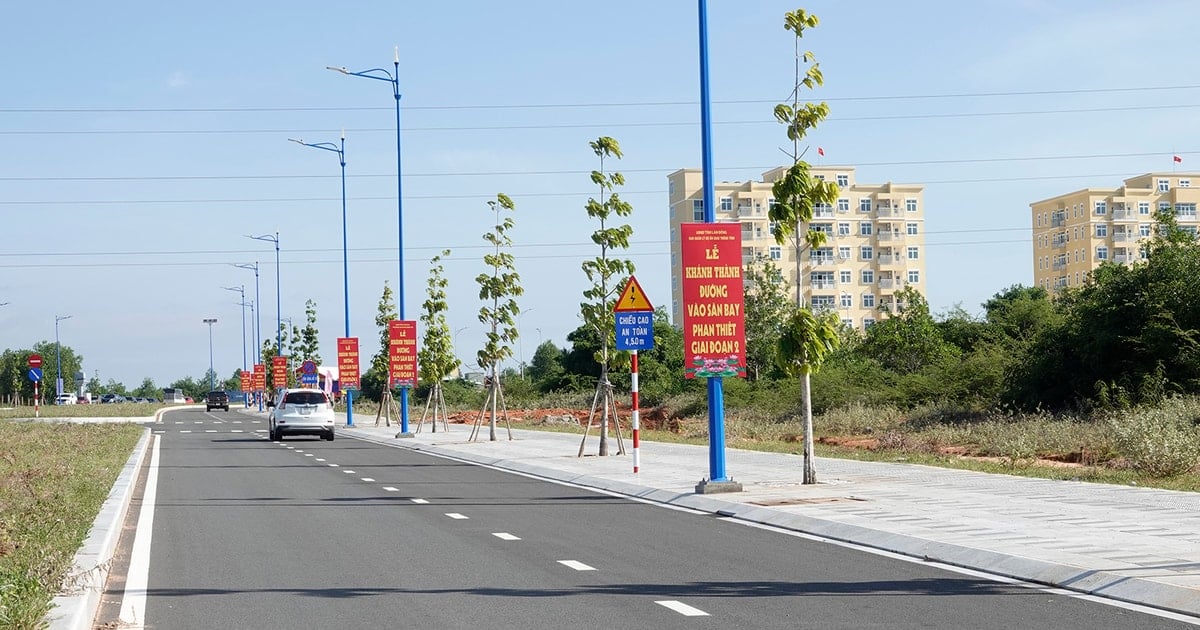

















Comment (0)